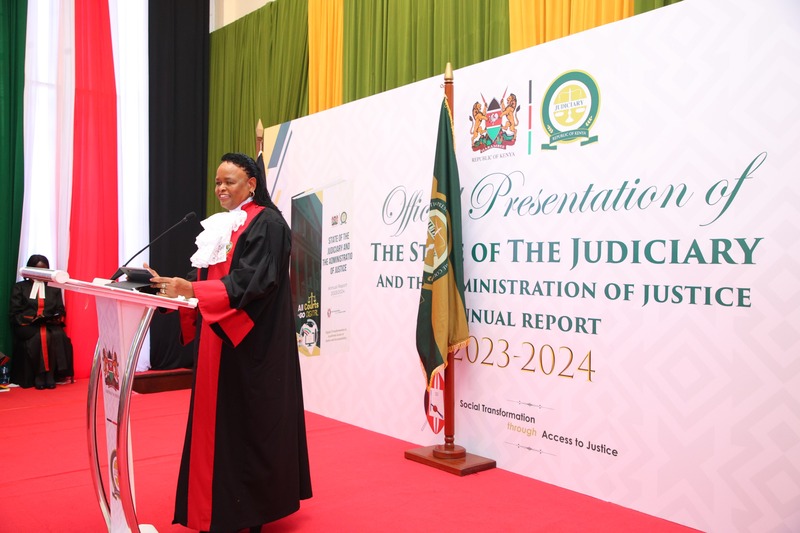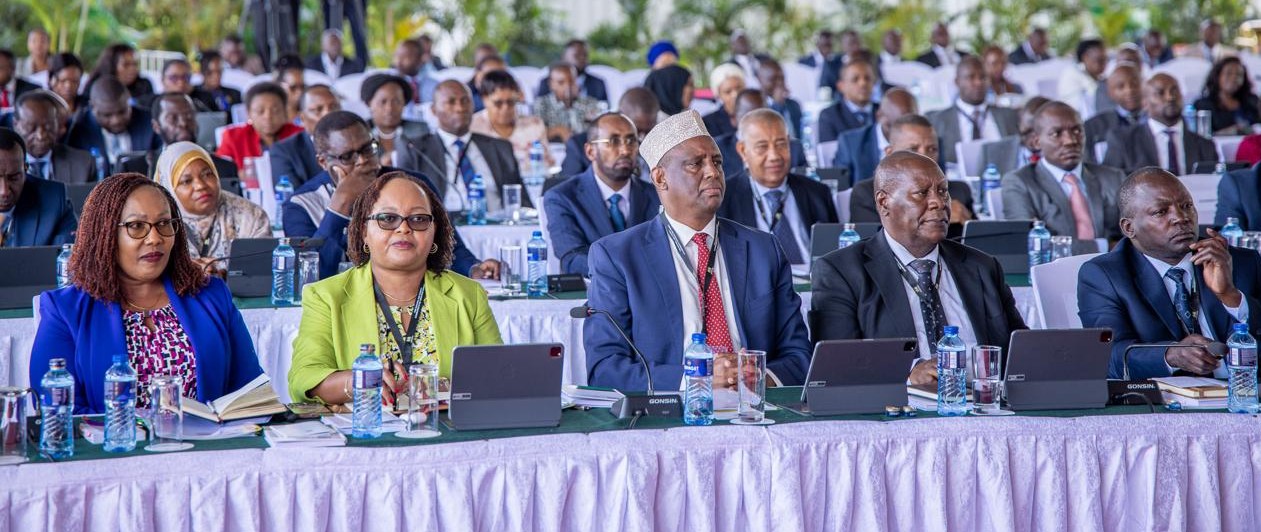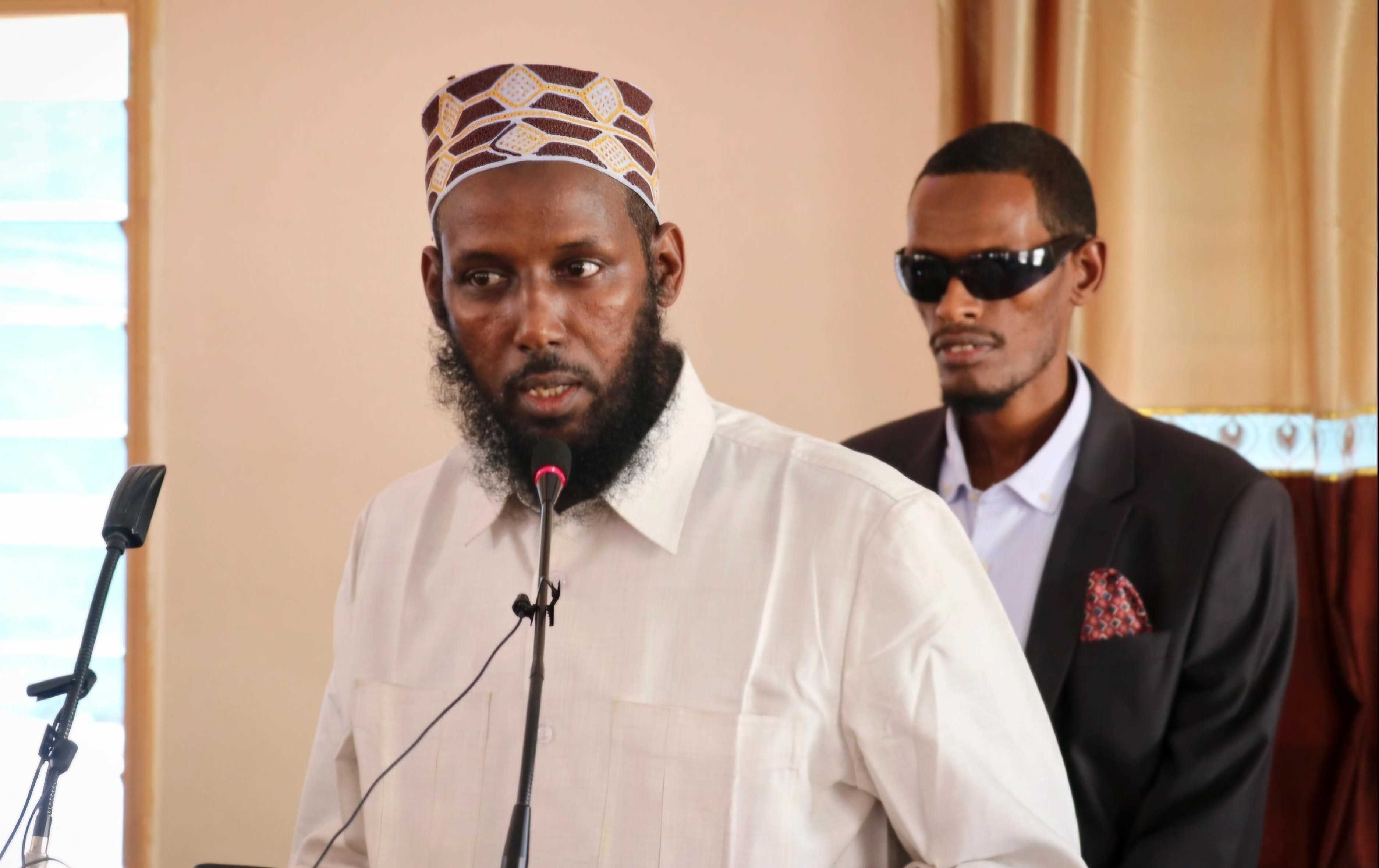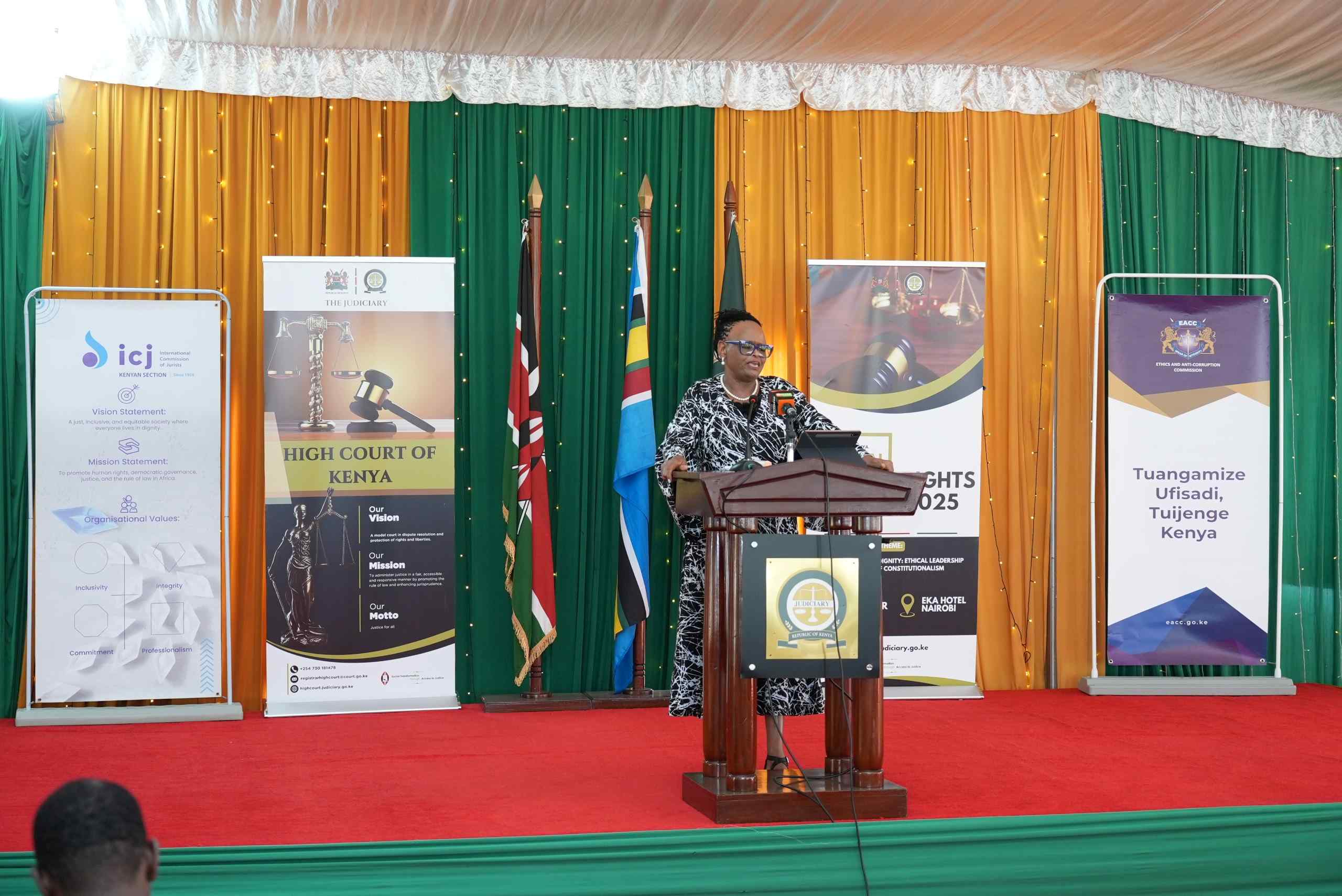Judiciary among 11 state entities flagged over Sh2 billion in unsupported spending

The Judiciary, the State Departments for Economic Planning, Social Protection, Irrigation, and Mining are among the MDAs cited for failing to provide supporting documents for their expenditure.
Eleven government entities, including the Judiciary, are under scrutiny for failing to provide adequate documentation to support Sh2 billion in expenditures.
Auditor-General Nancy Gathungu, in her report for the 2023/2024 financial year, flagged the expenditure, revealing that Sh783.9 million of the unsupported amount falls under Ministries, Departments, and Agencies (MDAs), while Sh1.26 billion is related to donor-funded projects.
More To Read
- Judiciary urges state to plug funding gap as Nairobi courts face heavy caseload
- Judiciary, MPs clash over setting of judges’ allowances
- Judiciary paid Sh14 billion in staff compensation without records for 2,180 employees - Auditor General
- Auditor General flags Judiciary for underutilising Sh520.4 million
- JSC urges Parliament to fast-track pensions Bill, says delay denying retired judges fair compensation
- Judiciary calls for budget increase, says Sh20 billion deficit crippling functions
The Auditor General’s findings raise serious concerns over accountability and transparency in the management of public resources, with the report warning that such financial irregularities could lead to losses, wastage, and theft of public funds.
The Judiciary, the State Departments for Economic Planning, Social Protection, Irrigation, and Mining are among the MDAs cited for failing to provide supporting documents for their expenditure.
Donor-funded projects, including the Bogoria Silali Geothermal Project and the Financing Locally Led Climate Action Programme, are also flagged for similar shortcomings.
Allowances
The Auditor-General notes that the Judiciary failed to support spending totalling Sh406.7 million. The amount includes personal allowances worth Sh182.39 million, leave allowances of Sh131.3 million and foreign travel expenses of Sh93 million.
The State Department for Economic Planning could not account for Sh195.2 million in training expenses, while the Social Protection unit has unsupported domestic travel and subsistence claims amounting to Sh986 million. Additionally, the department could not justify cash payments worth Sh41.28 million and fuel and lubricants expenses of Sh25.27 million.
At the Department of Irrigation, Sh9 million in fuel expenditures remain unsupported. The Mining department failed to justify Sh7.63 million related to the use of goods.
In the donor-funded projects category, the Bogoria Silali Geothermal Project posted the highest unsupported amount at Sh980.9 million. Of this, Sh535.6 million was spent by National Oil of Kenya and Sh445.29 million by Galana Energies Ltd, without requisite documentation.
The report also highlights Sh123 million in unsupported domestic travel and subsistence allowances under the Financing Locally Led Climate Action Programme.
In the education sector, the Secondary Education Quality Improvement Project recorded Sh60.3 million in unsupported spending. According to the report, the consultants hired under the project lacked a clerk of works to supervise construction works as required by the contract.
The report further revealed that the Improvement of Rural Roads and Market Infrastructure project under the Kenya Rural Roads Authority had unsupported consultancy services amounting to Sh35 million. The USAID Boresha Jamii Project posted Sh23.6 million in unsupported fringe benefits, while the Lake Victoria Water and Sanitation Project had overpayments totalling Sh17.8 million.
Additionally, the Sirari Corridor Accessibility and Road Safety Improvement Project, specifically the Isebania–Kisii–Ahero Road Rehabilitation, incurred Sh15 million in unsupported compensation paid to individuals who had constructed structures on a road reserve.
Field activity expenses
Other irregularities noted include Sh2.86 million in unsupported field activity expenses under the Africa Centre of Excellence in Sustainable Use of Insects as Food and Feeds Project, Sh2.81 million in unsupported training services under the Global Fund Tuberculosis Funding Model, and Sh1.5 million in fuel expenses under the Horn of Africa Groundwater for Resilience Project–Kenya managed by the Water Sector Trust Fund.
The Technical Support Programme Project was also cited for unsupported refunds to the European Union amounting to Sh914.5 million.
According to the Auditor General, failure to provide required documentation violates Section 68(1) of the Public Finance Management Act, 2012, which requires accounting officers of national government entities to ensure that public funds are used lawfully, efficiently, and transparently.
“Failure by the entities to fully support payments casts doubt on the authenticity of the reported expenditure,” Gathungu said, adding that such practices signal weak internal controls and governance.
Additionally, it breaches the Public Audit Act, 2015, which stipulates that any person who fails to provide required information without justification or who submits false or misleading information, commits an offence. Upon conviction, such individuals face a fine of up to Sh5 million, imprisonment of up to three years, or both.
The Auditor General has urged immediate remedial action, including strengthened oversight and internal controls, to safeguard public and donor funds.
Top Stories Today














































